You can’t keep a good BlackBerry down. BlackBerry is dead, long live BlackBerry. Or, at the very least, you shouldn’t count your BlackBerrys before they’ve hatched. Because this certainly isn’t the first time the company has been declared dead, but through a combination of software offerings, intellectual property and a devoted fanbase, the Canadian smartphone maker keeps powering through.
And now, a mere weeks after the press declared the final nail plunged into its coffin when it announced the end of in-house hardware production, the company is back. With a new piece of hardware, no less. Of course, as its name implies, BlackBerry’s new handset has much more in common with the company’s most recent offering, the DTEK50 than past devices – which is to say that it has, as announced outsourced hardware production here once again.
In fact, the same company is responsible for both devices – and it shows. Chinese hardware maker TCL, the manufacturer behind Alcatel’s devices. In fact, the phone looks to be tweaked version of the TCL 950 handset which has been popping up around the web in recent months.
As with that device, the DTEK60 brings a 5.5-inch display to the proceedings (a decent size increase over the 50’s 5.2-inch screen – and BlackBerry’s largest to date) and a 21-megapixel rear-facing camera. So, what sets the device apart from TCL’s version? Familiar branding aside, the new phone will sink or swim on its software offering – the same suite of security and productivity apps that came loaded on its last phone.
A familiar face
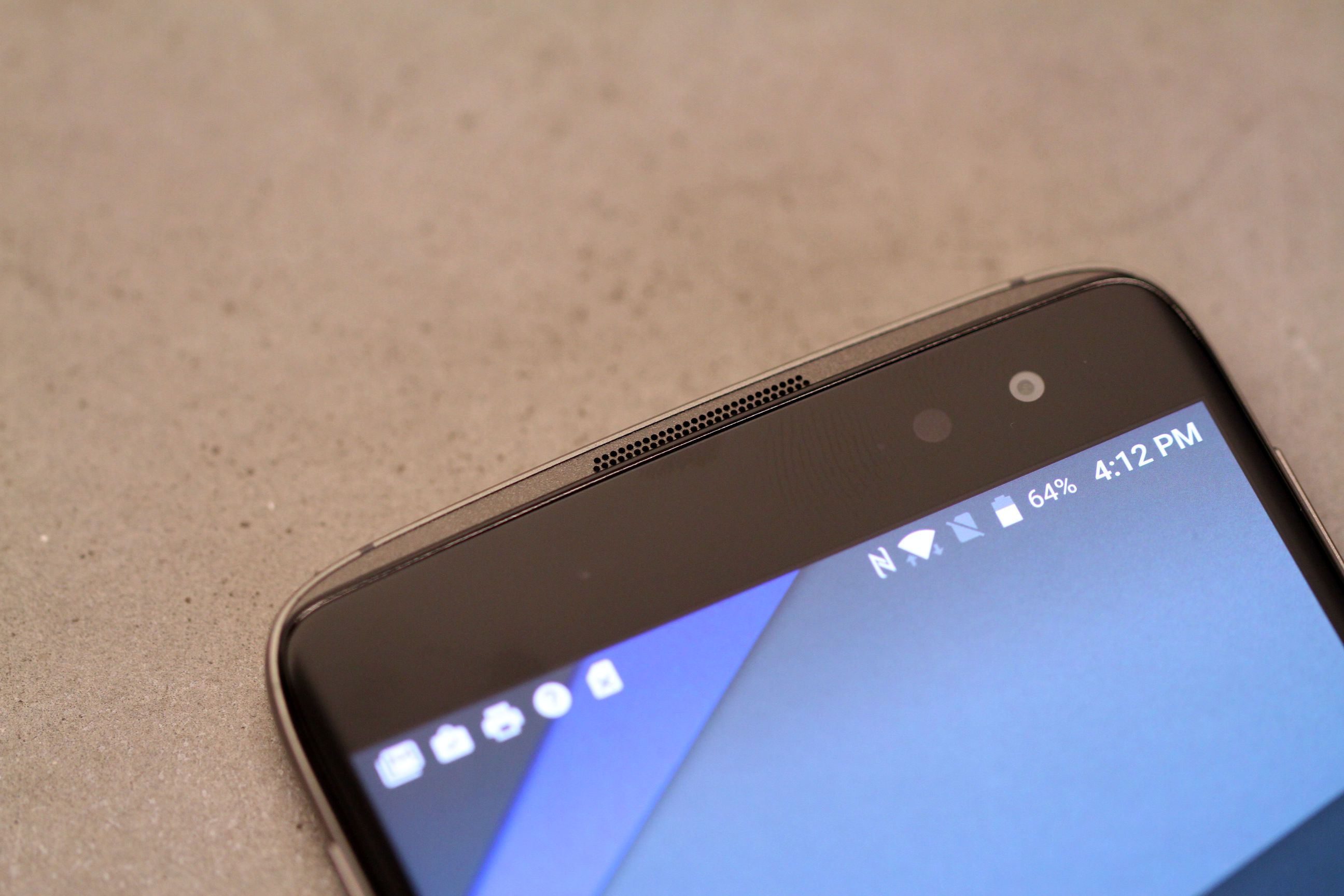
If nothing else, going back to the TCL well has insured a sense of aesthetic consistency across the nascent DTEK hardware line. Honestly, I wasn’t in love with the look of recessed frame that surrounds the display, but it’s a handy way to move the speakers to the front of the device, while offering aesthetic identity beyond an army of iPhone lookalikes.
While the display itself isn’t curved, a la Samsung’s handsets, it does taper on either side of the display in a manner akin to what you’ll find on the Google Pixel. Above the screen is a black bezel housing a front facing 8-megapixel camera, alongside what the company has deemed a “selfie flash.” Also like the Pixel, the bottom bezel is just empty, devoid of a physical home button.

The Power button is positioned on the left side of the device above SIM/MicroSD slot and the volume rocker is on the right, alongside the same “Convenience Key” found on the 50, which can be associated with different instantly launchable tasks. I connected my to Spotify. Not really necessary, but a nice feature for launching a favorite app with one hand. Though it’s positioned at the exact perfect spot for accidental triggers. The handset dutifully maintains a headphone jack on top, with a USB-C port on the bottom – swapping out the 50’s microUSB.
BlackBerry has also traded the rubbery textured backing for a glass surface – a much more aesthetically pleasing design that helps the DTEK 60 secure the title of the most premium touchscreen smartphone it has ever produced – or lent its name to, at least. The familiar BlackBerry “B” logo is smack dab in the center of the back – the Canadian company’s only branding on the hardware itself. Gone, it seems, are the days BlackBerry could spell out the brand in big bold letters on the fronts of its devices.
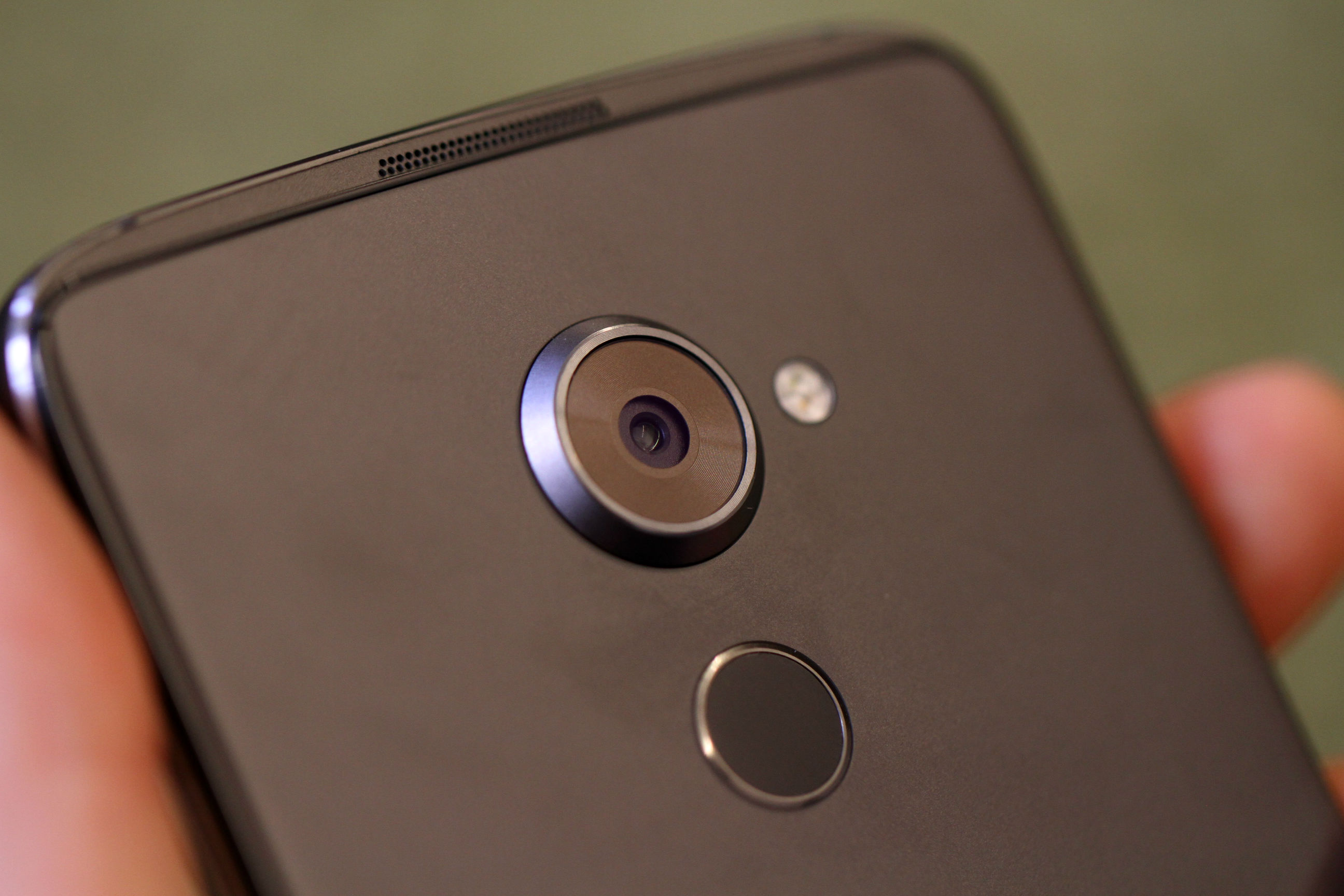
Above the logo is a centrally placed finger reader, and above that, the 21-megapixel camera, which is a far cry from the Pixel’s camera bump-free boast. In fact, it’s one of the more prominent that I’ve seen in recent memory, save, perhaps for the Moto Z’s which was designed to be swallowed up by one of those modular backings.
On a whole, however, it’s actually a lovely bit of design. The handset feels premium, while managing to avoid the lookalike trappings of many other flagship devices. Of course, all the credit for design once again goes to TCL on this one. But if anything, it’s a sign that it was probably time to let some other company do all of the heavy lifting in the hardware department. Of course, once again, BlackBerry’s hoping brand loyalty and a proprietary software suite will be enough to set it apart from the pack.
Soft differentiation
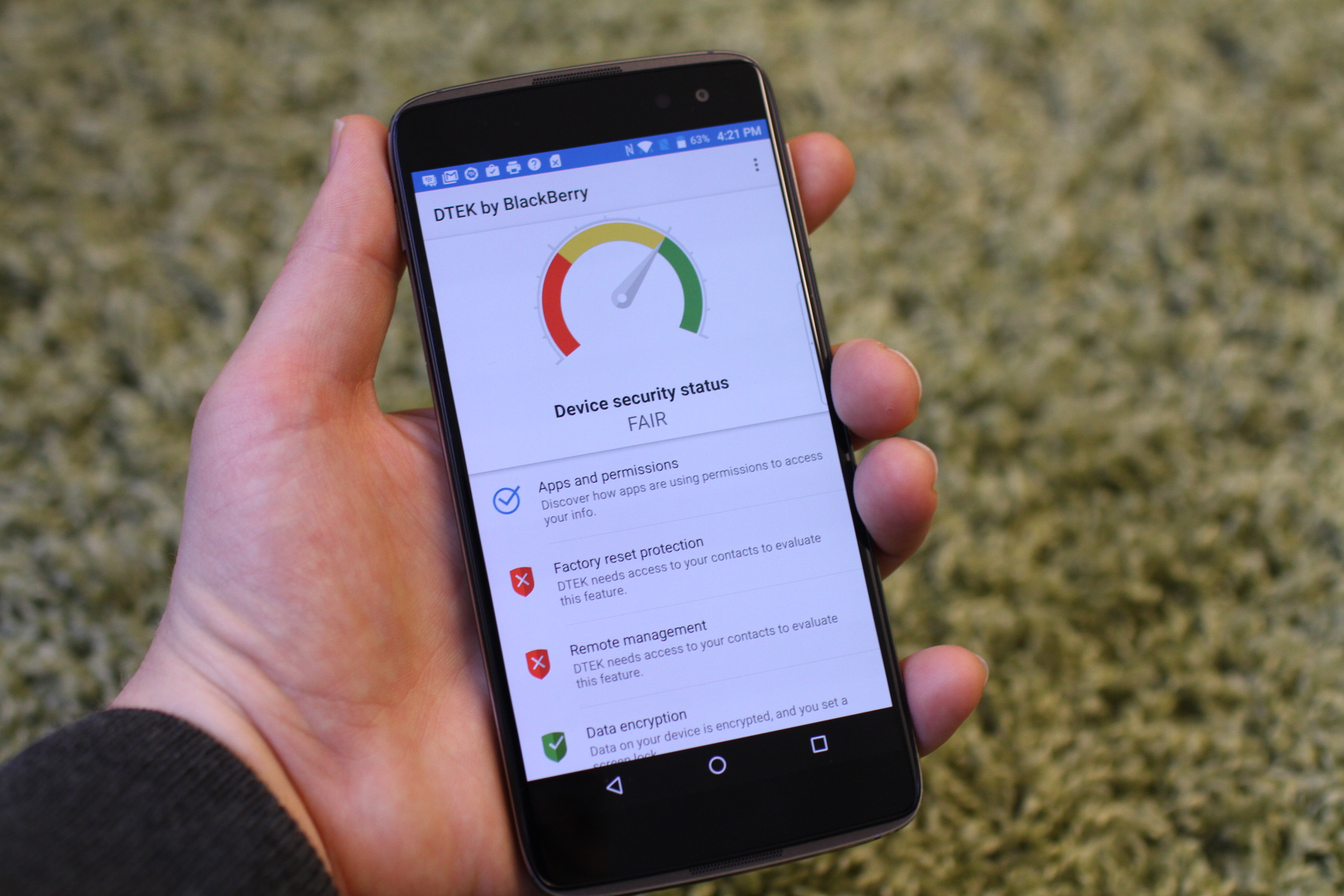
DTEK doesn’t really roll off the tongue like the Curve, the Bold, the Storm, or even the Z30 (the Priv, let’s be honest, was borderline, at best). But, then, that’s what you get when you name your premium line of handsets after security software. It’s easy to see why the company went that route, of course. As the company struggles through an identity crisis after adopting Android and ending in-house hardware production, security remains a key pillar.
It’s the reason why, until this summer, the President still carried one of the handsets around. And hey, with Samsung (the other security-minded handset maker) currently against the ropes, the company may have a previously unforeseen opening into the hearts, minds, and pockets of people and companies for whom such features are a primary selling point.
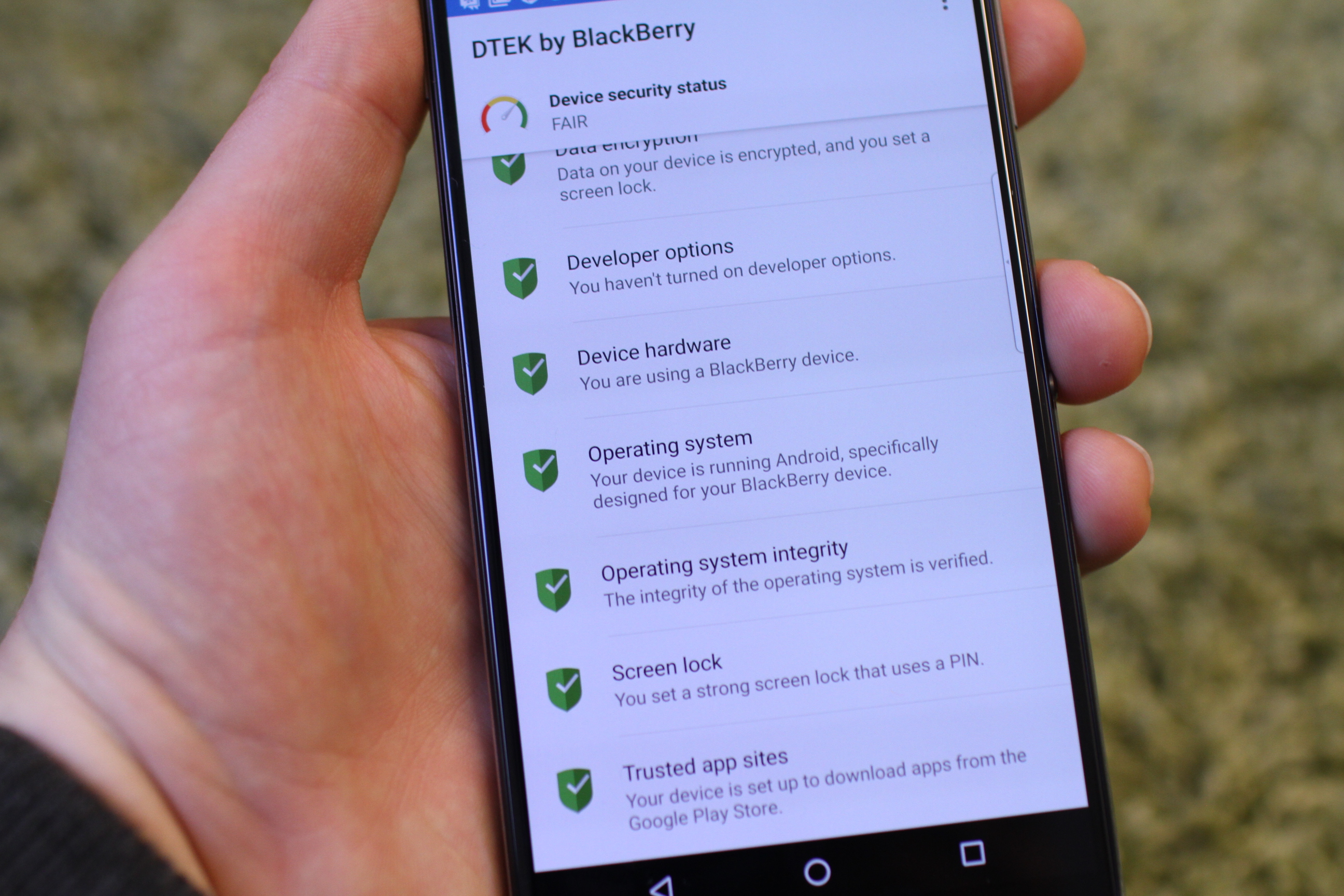
The DTEK software at the heart of that security system offers a simplified method for keeping track of app permissions. In a meeting before the handset’s launch, a rep mentioned that, during its research, the company stumbled upon a flashlight app for Android that uploads a user’s location 50 times a day. And indeed, we should all be a bit more mindful of which permissions we’re surrendering to third-party developers – even ones as seemingly innocuous as a flashlight.
At the top of DTEK is a simple meter that ranges from red to green, based on the strength of your security setup. There are a dozen different settings, starting with apps and permissions. A few of them are really BlackBerry patting itself on the back, giving you a green checkmark for “using a BlackBerry device” and having a device “running Android, specifically designed for your BlackBerry device.”
But it’s a handy and simple feature nonetheless, bringing security to the forefront in a simple, user-friendly manner. As the company looks to more aggressively market it software to manufacturers, it’s easy to imagine DTEK showing up on non-BlackBerry devices – even if they won’t get that extra green checkmark for just being a BlackBerry.
Marshmallow BlackBerry
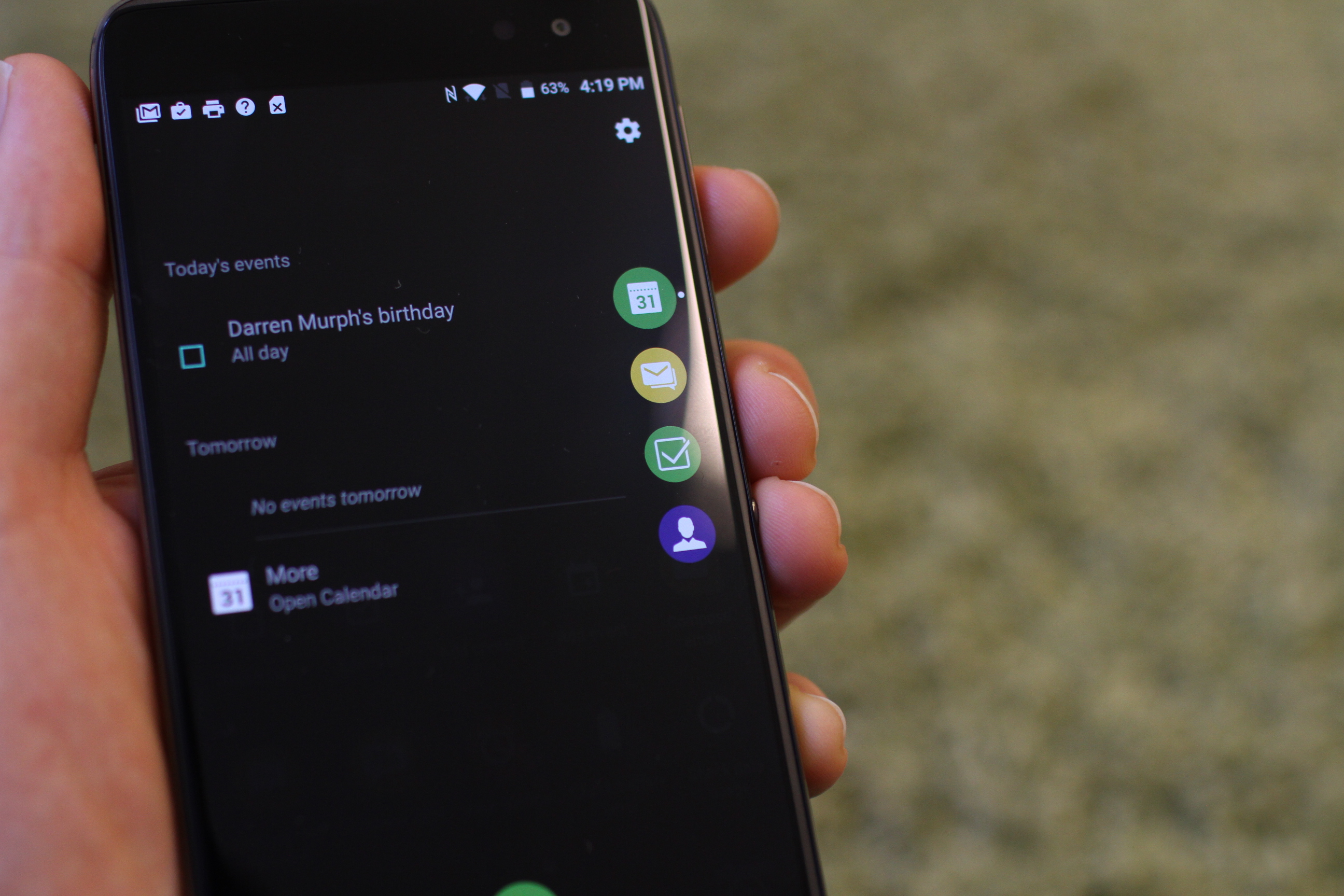
The whole of the handset’s software is pretty much exactly what you’ll find on the DTEK 50, right down to the Android 6.0.1. Once again, it offers a familiar suite of BlackBerry software selections on top, including BlackBerry Hub, which is accessible from the desktop via a small tap on the right. That offer brings the company’s productivity functionality front and center, pulling a slew of communications into single channel, including email, social media, text, phone, calendar events and, of course, BBM.
The BlackBerry Intelligent keyboard is back as well, a reminder of a simpler age when the company could still count on its physical QWERTY as a major selling point as the competition increasingly fled to touchscreen typing. Here the company looks to increase speed with little flourishes like the ability to get predictive suggestions by hovering fingers over keys.
The DTEK 60 is an Android phone with Blackberry software loaded on top. Kudos for not going crazy with the skins or attempting to tweak Google’s operating system beyond recognition. BlackBerry enthusiasts will likely find comfort in the familiar bits and pieces that have been maintained from older devices, but for better or worse, what we’re dealing with here is yet another Android handset.
DTEK Specs
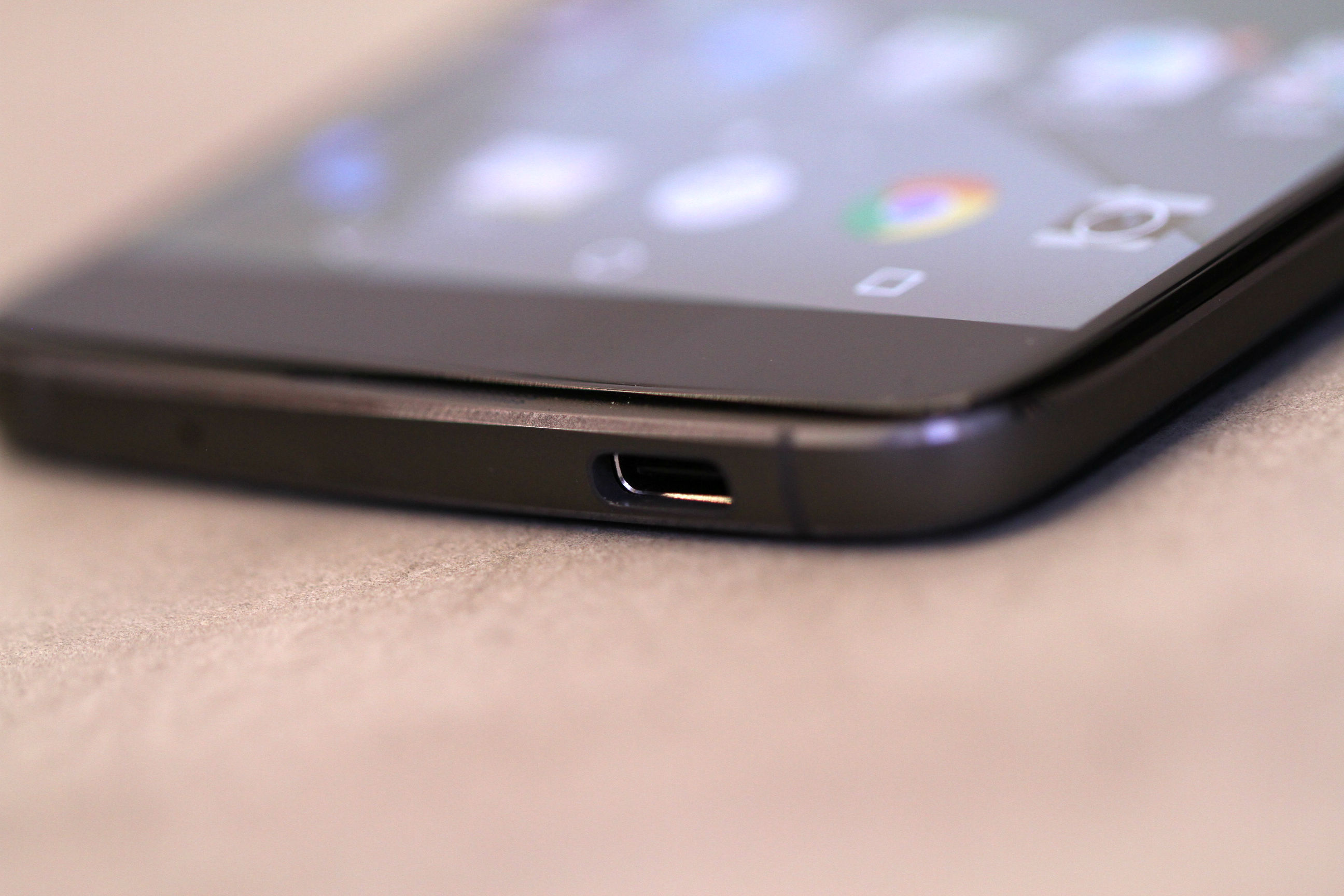
The DTEK’s quality is more than just skin deep. There are actually some solid specs on for the price point as well. The display clocks in at 2560 x 1440, which works out to 534 PPI – that’s the same resolution you’ll find on the Pixel XL. It’s bright and features a pleasing color balance. The battery is smaller than Google’s 3,450mAh, but its 3,000mAh got me through a day and a half of standard use (Spotify, Facebook and the like) without having to charge – and when you do need to plug in, there’s a quick charge option to top off quickly.
The 21-megapixel camera isn’t as well-rounded as Google’s offering, but it’s definitely the best I’ve seen on a BlackBerry. Pictures came out grainy in low light and reds came out a bit over saturated when using the default HDR mode, but they’ll do the trick for most users in more settings.
And while the Snapdragon 820 isn’t the latest and greatest, it does a lot of heavy lifting when coupled with the 4GB of RAM. Same goes for the 32GB of storage – not the most generous offering we’ve seen on a handset, but the MicroSD slot lets users expand like crazy, up to a theoretical 2TB. All in all, pretty good specs for $499.
Brave new world
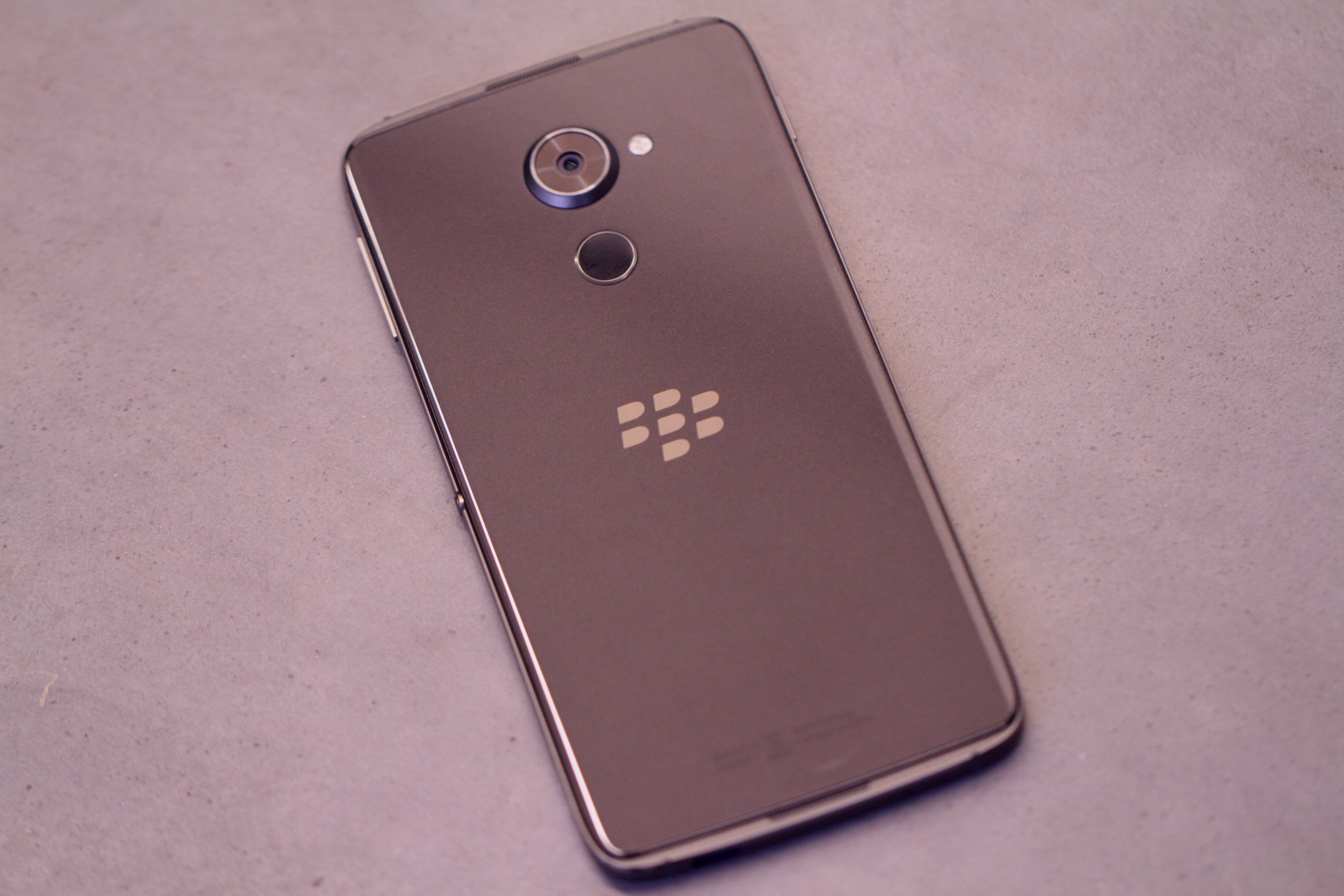
BlackBerry had to kill its hardware in order to save it. There’s a lot to be said for a company that can develop both hardware and software and all of the ecosystem harmony that comes with it, but that ship sailed a long time ago. At the end of the day, working with a hardware manufacturer qualified to make a great smartphone by 2016 standards was probably a good move, particularly given that the company had already embraced Android.
The DTEK 60 is the best BlackBerry touchscreen smartphone to date – though in 2016, it’s hard to say what that really means anymore. And while BlackBerry definitely still has its followers, it’s hard to imagine there being a mainstream following after it has slowly surrendered various pillars of its business. The security features are nice, but they likely don’t set the company apart enough to really make a splash.
At the end of the day, what we’re left with is a good Android phone with some nice features piled on top. Is it enough to resurrect BlackBerry’s hardware department? No. But it definitely has the makings of a solid handset.
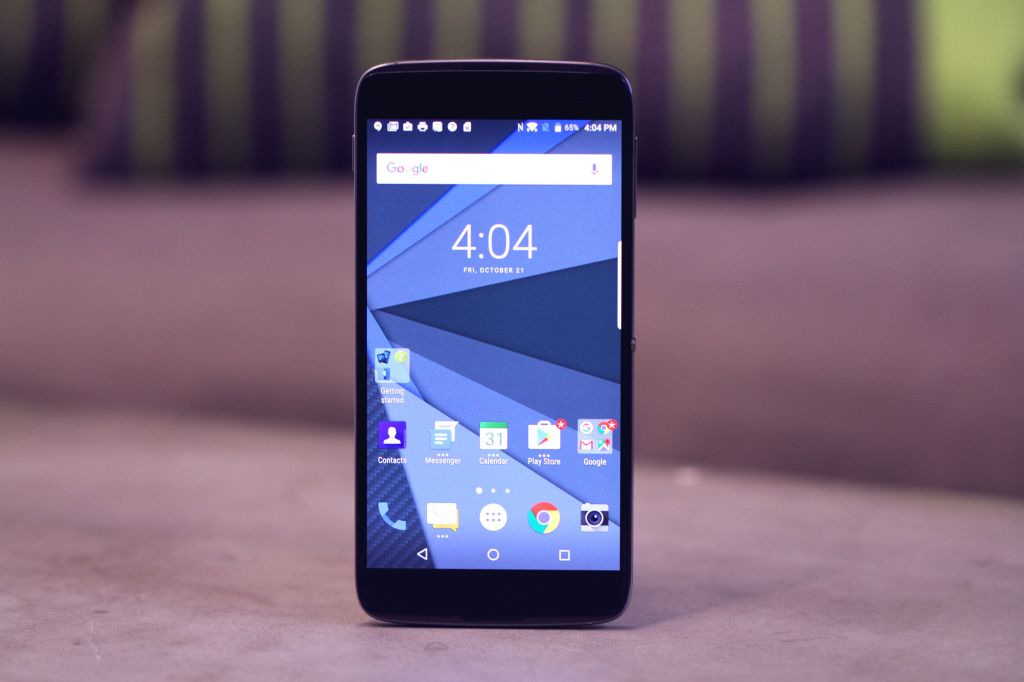








































Comment